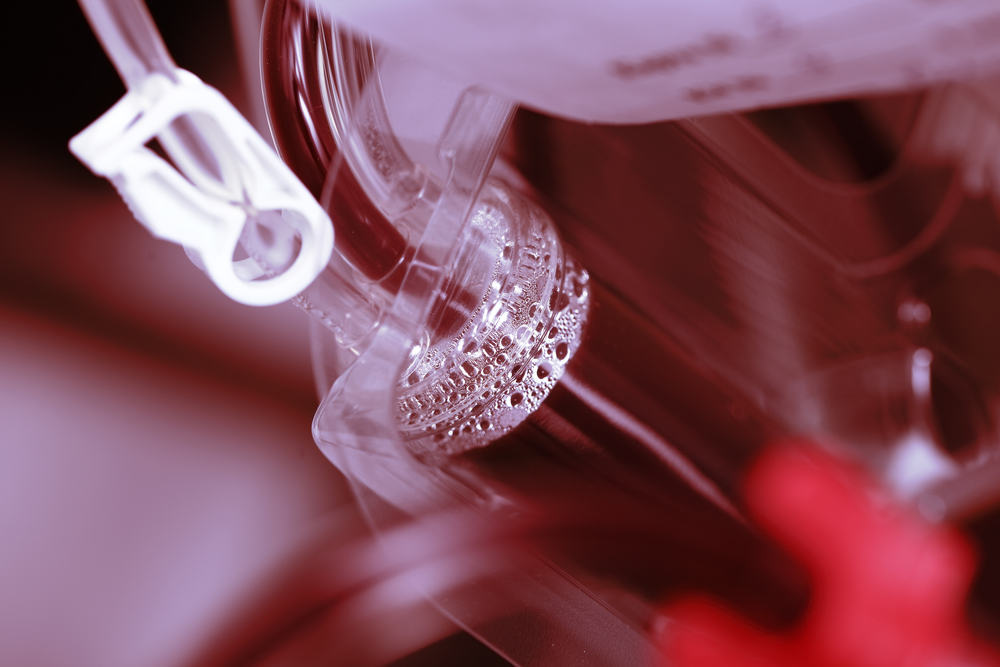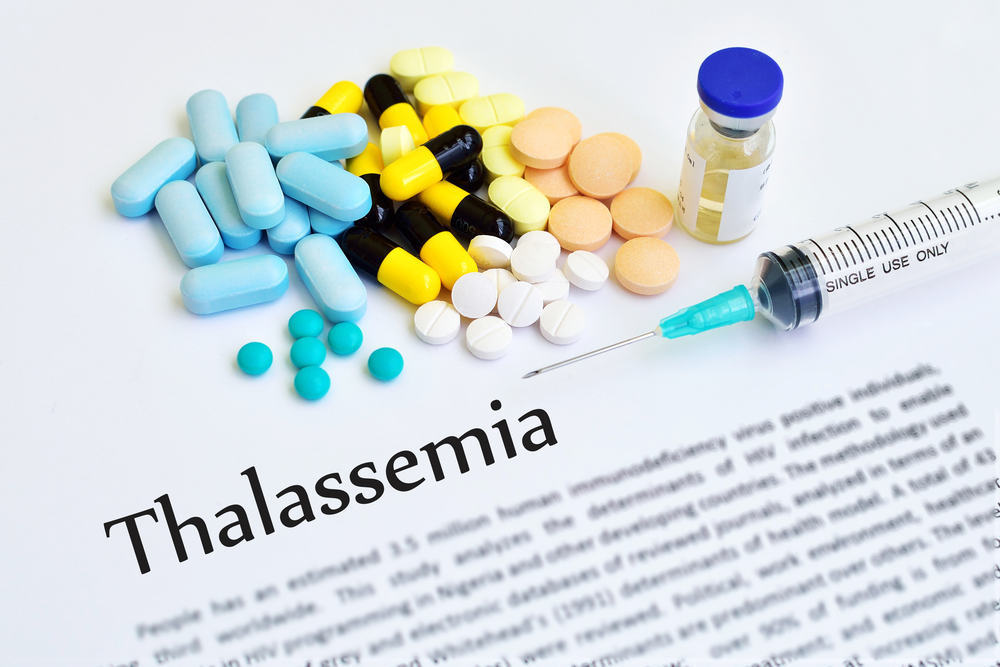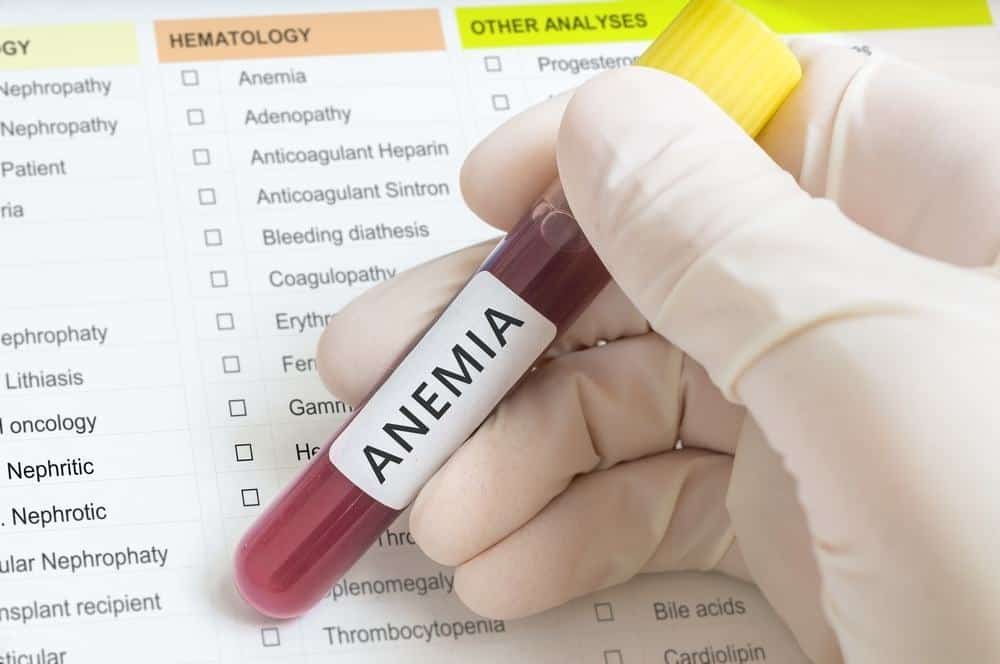Contents:
- Medical Video: Mammary Gland Tumors in Pet Rats
- Mouse protein cells can inhibit cancer growth
- Rat protein has been tested as a cancer drug for humans
- Protein has an important role to cure cancer
Medical Video: Mammary Gland Tumors in Pet Rats
The number of cancer patients in the world continues to increase. But unfortunately, the antidote for cancer has not yet been found to date. Leading researchers and health experts are constantly struggling with time to be able to find the most effective cancer cure. Well, some studies say that artificial proteins emulated from mouse protein cells can inhibit cancer cell growth. Let's look at the facts below.
Mouse protein cells can inhibit cancer growth
The above theory was delivered by a research team from Cornell University after creating a liposome, an artificial body cell, containing TRAIL protein cells (Tumor Necrosis Factor Related Apoptosis-Inducing Ligand) from mice.
The TRAIL protein attaches to leukocytes (white blood cells). When these white blood cells circulate throughout the body, TRAIL proteins that are carried along with them will immediately search for and kill cancer cells. The TRAIL protein also prevents the spread of cancer cells (metastasis).
However, the study was carried out still limited to lab rats diagnosed with prostate cancer. In addition, although the number of cancer cells in their body decreases after being injected with the TRAIL protein, it still isn't completely gone. So, the mice also continue to run chemotherapy and pertamaoterapi to accelerate cancer cell death.
Need further research to ensure the effectiveness and safety of mouse proteins to be used as cancer drugs in humans. However, this study is a strong consideration as an alternative cancer treatment that can slow the spread of cancer cells.
Rat protein has been tested as a cancer drug for humans
Although security and effectiveness are not guaranteed, a team of doctors from the IWK Health Center in Halifax, Canada, once used mouse protein cells to treat Zac Conolly, a toddler who suffered from neuroblasmic cancer, in 2001. Neuroblasm cancer is a rare cancer that attacks only 2 out of 100,000 children. This cancer attacks the nervous system of the human body.
The Conolly team of doctors gave mouse protein cells through infusion with the aim of attacking cancer cells while increasing the body's resistance during therapy. The way it works is similar to vaccination. The body's immune system reads mouse protein cells as foreign substances, which must be resisted. When trying to eradicate these protein cells, the immune system is expected to also kill cancer cells because these protein cells will attach to cancer cells.
Again, more research is needed and more mature to be able to ensure the efficacy of this one cancer drug.
Protein has an important role to cure cancer
Why is protein believed to be one of the potential cancer drugs? Proteins, wherever they come from, contain amino acids. Amino acids work to support the growth and repair of damaged cells and body tissues, and maintenance of the immune system.
Protein also helps the body to make cells, hormones, and enzymes. Without adequate protein intake, the body will need more time to cure the disease and can reduce the body's resistance to infection.
People who undergo cancer treatment need more protein. Eating protein before and after surgery, chemotherapy, or radiation therapy can help the body heal the tissue and prevent infection.
A good source of protein is in animal foods such as lean meat, fish, poultry, eggs, and dairy products. Plant foods such as beans, dried beans, peas, and soy foods are also sources of protein. More protein content is found in plants than animals.












